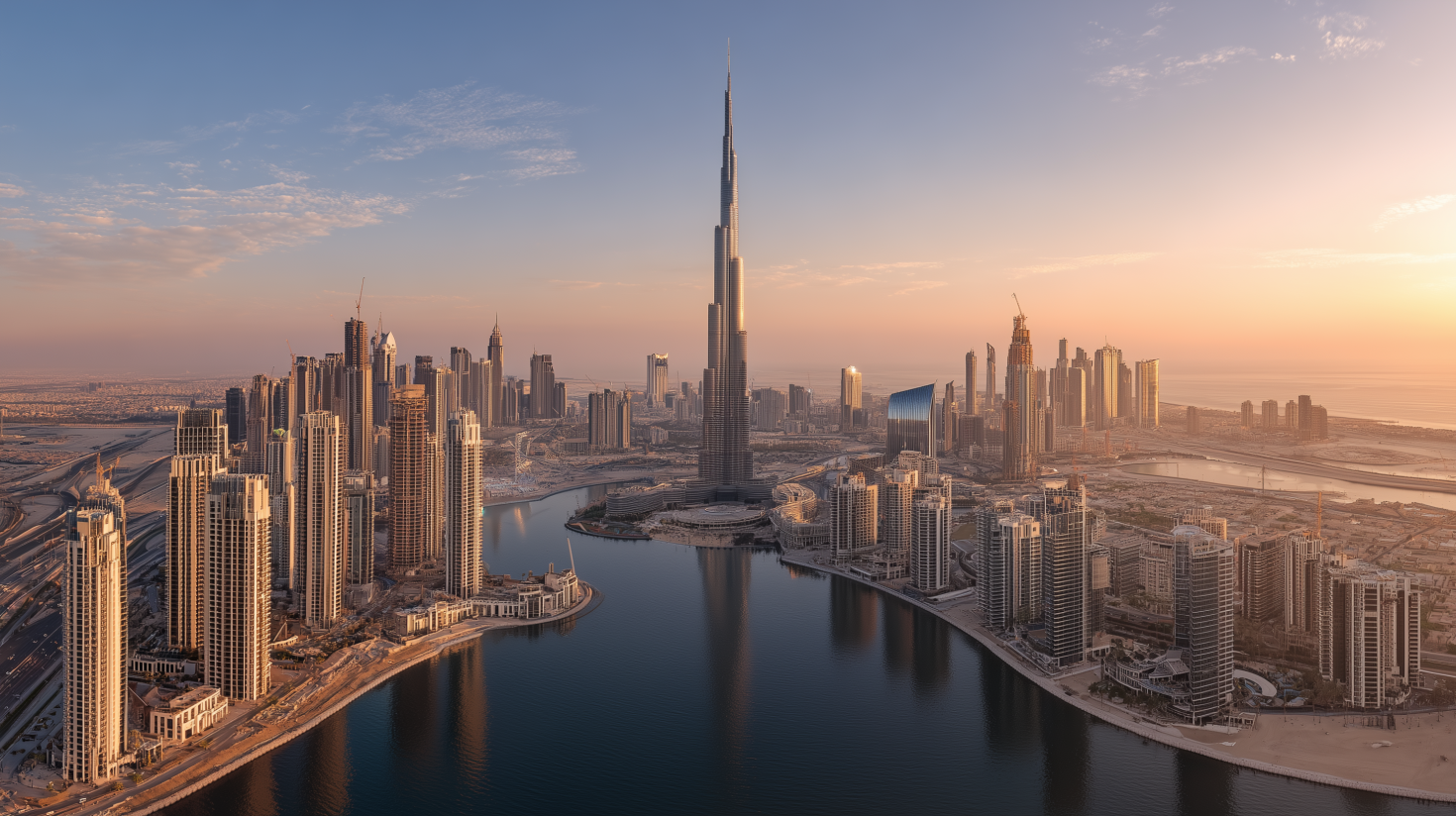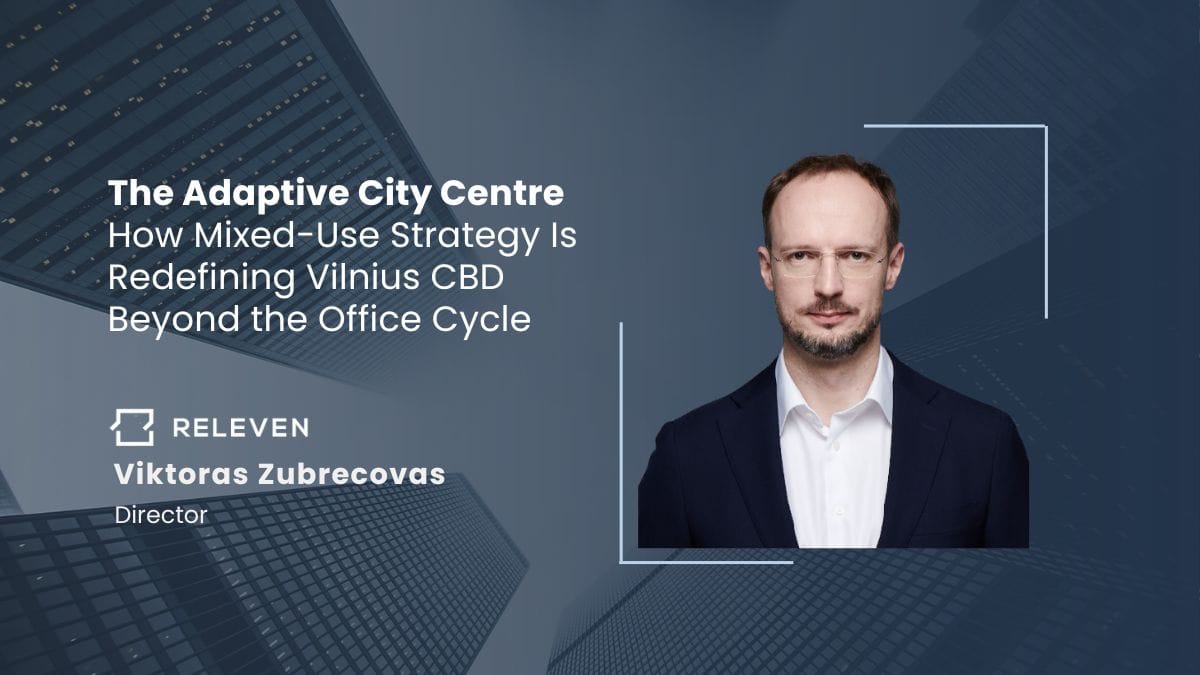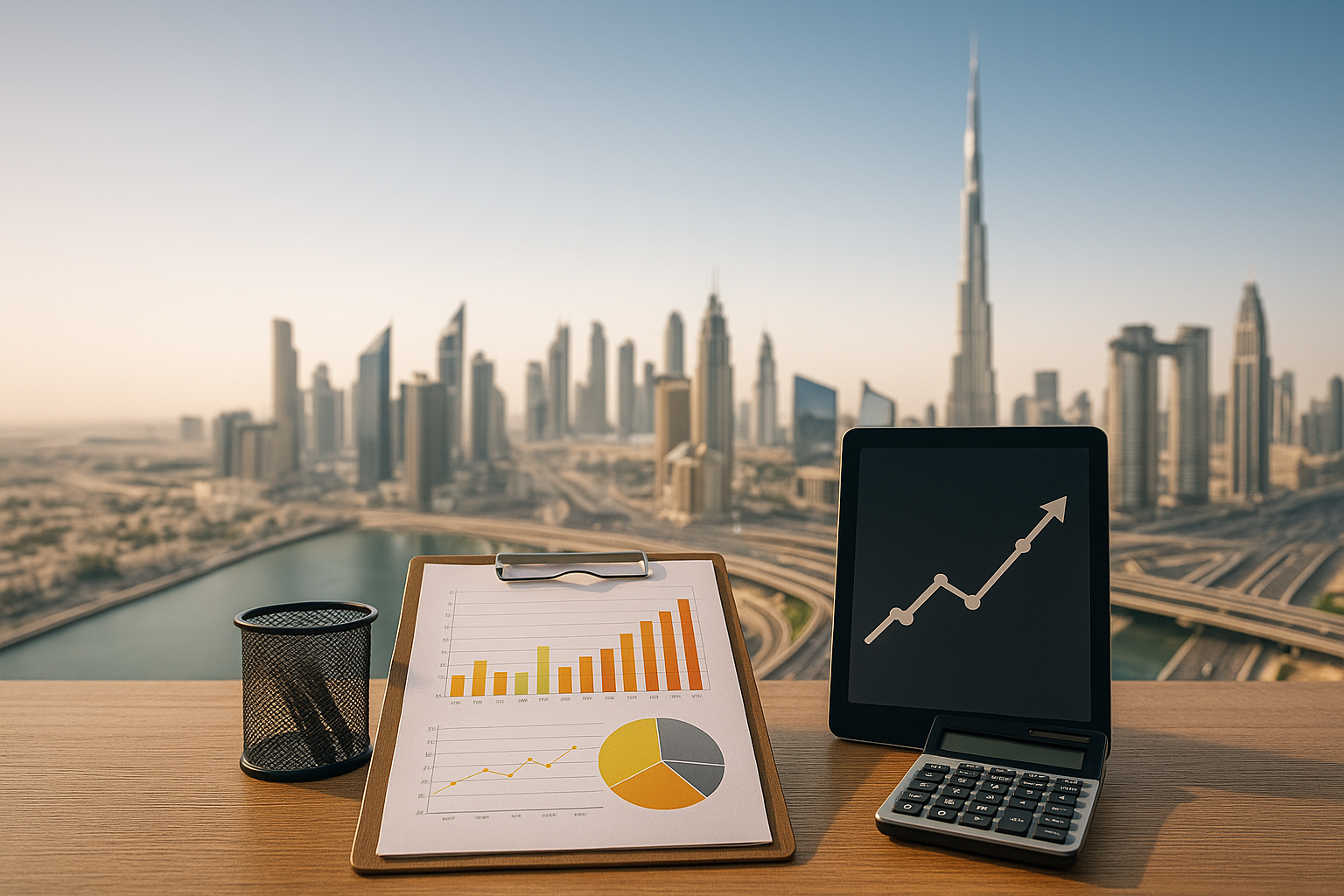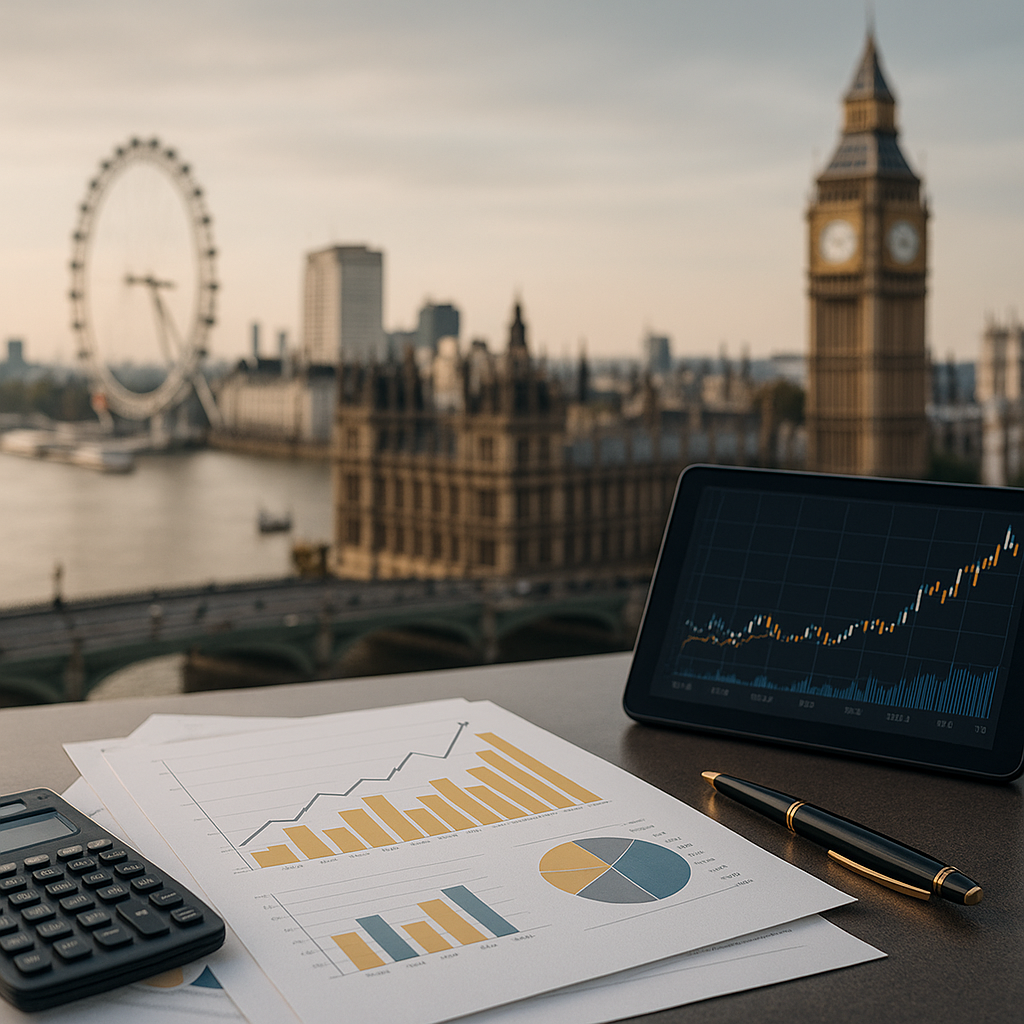Dubai real estate remains one of the most attractive investment destinations in 2025 thanks to a tax‑free environment, record visitor numbers and government initiatives that encourage foreign ownership.
This beginner‑friendly guide breaks down the reasons behind the city’s appeal and provides a step‑by‑step roadmap for buying property.
If you’d like personalised advice on off‑plan or new build properties, contact the Entralon team for a consultation.
Why is Dubai such an attractive real estate market for beginners?
Dubai’s investment fundamentals are compelling: there are no annual property taxes or capital gains taxes, rental yields can reach 6–8% per year in popular districts, and the emirate’s world‑leading tourism industry supports strong demand for rental homes.
In 2024, Dubai welcomed 18.72 million international visitors, a record high and a 9% rise on 2023. The city topped Tripadvisor’s Travellers’ Choice Awards as the world’s No. 1 destination for the third year in a row.
What makes Dubai’s tax environment so attractive?
Dubai offers investors a tax‑free environment with no annual property tax, income tax or capital gains tax. There is a 4% Dubai Land Department (DLD) transfer fee payable on purchase, plus minor administrative costs.
This contrasts sharply with cities like London or New York, where annual property taxes and stamp duty can significantly reduce returns. By removing recurring taxes, Dubai allows investors to keep more of their rental income and capital gains, making the city ideal for GCC and Middle East buyers seeking high‑yield investments.
How do tourism and population growth support rental demand?
With world‑class infrastructure and a business‑friendly environment, Dubai attracts millions of visitors and expats each year.
More than 18.7 million overnight tourists visited in 2024, while the city’s expatriate population continues to grow. This influx creates robust demand for off‑plan apartments and new build rental homes, which in turn drives healthy rental yields across many neighbourhoods.
What government incentives are available for property investors?
Dubai’s leadership actively promotes foreign investment. Real estate investors who buy property worth at least AED 750,000 (~$204,000) can qualify for a renewable two‑year residency visa; if the purchase is financed, at least 50 % of the property’s value must be paid upfront.
For long‑term stays, the UAE Golden Visa grants a 10‑year residency when investors own property valued at AED 2 million or more. In February 2024 the government removed the AED 1 million (50 %) minimum down‑payment requirement for Golden Visa applicants, meaning buyers can now qualify with any mortgage or instalment plan as long as the property value meets the threshold.
What are the essential steps to invest in Dubai’s property market?
A successful investment begins with careful planning and understanding of local regulations.
Follow these steps to navigate the process confidently.
How do I understand the Dubai real estate market?
Start by learning the difference between freehold and leasehold areas. Freehold zones, such as Dubai Marina, Downtown Dubai and Palm Jumeirah, allow foreign investors to own both the unit and the land outright, with the title registered in their name.
Leasehold properties grant usage rights for up to 99 years, but ownership reverts to the original landowner when the lease expires. Most long‑term investors prefer freehold projects because they offer full control and the ability to sell or pass properties to heirs.
Research market trends, average prices and demand indicators in your chosen district. Tools like Entralon’s property marketplace provide real‑time listings, neighbourhood guides and price comparisons for off‑plan and new build projects.
How should I set my investment goals?
Clarify whether you are targeting capital appreciation, rental income, or a combination of both. Off‑plan projects purchased during construction often come with flexible payment plans and lower entry prices but may involve construction‑delay risks.
Ready‑built homes in established communities tend to offer immediate rental income and more predictable returns. Assess your budget, risk tolerance and time horizon. Mortgages typically require a 20–25% down payment for non‑residents, so check eligibility criteria with local banks.
What legal requirements must I be aware of?
Dubai real estate transactions are regulated by the Dubai Land Department (DLD) and the Real Estate Regulatory Authority (RERA). Important documents include:
- No Objection Certificate (NOC) – required when buying a resale property; obtained from the developer.
- Title Deed – the official proof of ownership issued by the DLD.
- DLD fees – a 4 % transfer fee plus administrative fees must be paid during registration.
- Escrow accounts for off‑plan – all payments for properties under construction must be deposited into a regulated escrow account, ensuring funds are released to the developer only when construction milestones are met.
Understanding these requirements protects you from unexpected costs and legal issues.
How do I choose the right property?
Balance location, amenities and developer reputation. Established areas such as Downtown Dubai, Business Bay, Jumeirah Lake Towers (JLT) and Dubai Marina offer strong infrastructure, easy access to transport and lifestyle amenities, which attract tenants. In our analysis of 2025 rental data, communities like Al Furjan and Jumeirah Village Circle (JVC) deliver some of the city’s highest yields, exceeding 7%.
Rental yield comparison by neighbourhood
The table below compares average sale prices and typical rental yield ranges in several popular freehold districts. Values are based on 2025 estimates from industry sources. Use this table to gauge which areas best match your budget and income expectations.
When evaluating off‑plan properties, investigate the developer’s track record. Established developers like Emaar and Damac are known for quality and timely delivery, whereas unproven companies may pose higher risk.
Why should I work with professionals?
An experienced real estate agent can help you identify suitable units, negotiate prices and navigate paperwork. Property management companies handle leasing, maintenance and tenant communication, an essential service for overseas owners.
Legal advisors will review contracts and ensure compliance with local regulations. Entralon’s platform connects international buyers with pre‑vetted agents and provides transparent, daily‑updated listings to simplify your search.
How can I finance my investment?
Many Dubai banks offer mortgages to non‑resident investors, typically covering 75–80 % of the property’s value. To qualify you’ll need a minimum monthly income (often around AED 15,000), a valid passport and proof of credit history. Interest rates range from 3–5 % with repayment terms up to 25 years.
Obtaining mortgage pre‑approval can strengthen your bargaining position. Alternatively, you can make an all‑cash purchase to speed up the transaction and avoid financing costs.
What steps are involved in completing the purchase?
Once you choose a property:
- Sign the Memorandum of Understanding (MOU) with the seller, outlining agreed terms.
- Pay a 10 % deposit, often held in escrow until transfer.
- Obtain the developer’s NOC if buying a resale property.
- Register the transaction with the DLD, paying the remaining balance and associated fees.
- Receive your Title Deed from the DLD, confirming ownership.
For off‑plan purchases, payments are tied to construction milestones; the title deed is issued upon completion.
What should First Time Buyers know about buying property and taxes in Dubai?
Do I need to be a UAE resident to buy property?
No. There are no age or residency restrictions for purchasing property in Dubai’s freehold zones. Foreigners can own property outright in designated areas without needing a local partner or sponsor. Investing at least AED 750,000 (~$204,000) makes you eligible for a renewable two‑year residency visa, though financing requires a 50 % down payment. If you invest AED 2 million or more, you may qualify for a 10‑year Golden Visa without any minimum down‑payment requirement.
What taxes and fees should I expect?
Dubai’s tax structure is one of its strongest attractions. Buyers and investors benefit from no income tax, no annual property tax and no capital gains tax. The main costs include:
- DLD transfer fee – 4 % of the purchase price plus a small administrative fee.
- Agent commission – typically around 2 % of the sale price.
- Mortgage registration fee – 0.25 % of the loan amount (if applicable).
- Service charges – annual community maintenance fees varying by property type.
Compared with other global hubs, Dubai’s lack of recurring taxes allows investors to retain a greater share of their returns.
Final Thoughts
Entralon is your partner in Dubai property investment.
Dubai’s dynamic real estate market offers beginners the chance to achieve strong yields and benefit from a tax‑efficient, internationally connected city. Whether you’re drawn to the high‑yield districts of Jumeirah Village Circle or the prestige of Downtown Dubai, success depends on careful research, professional guidance and a clear strategy.
Entralon’s transparent, non‑commissioned model empowers you to make confident decisions. Our platform features thousands of daily‑updated listings, expert advice tailored to international buyers and a dedicated support team that navigates legal and financing requirements on your behalf.
As an independent marketplace, we focus solely on matching you with the right property and developer, no hidden fees, no pressure, just data‑driven insights and local expertise. Start your investment journey today and let Entralon help you secure your ideal home or high‑performing rental in Dubai.
FAQ
- Can foreigners buy property in Dubai?
Yes. Foreigners can own freehold properties in designated areas and do not need UAE residency or a local sponsor to purchase real estate. Investing AED 750,000 or more qualifies you for a two‑year residency visa. - What are the main costs involved in buying property?
In addition to the purchase price, expect to pay a 4 % DLD transfer fee, a 2 % agent commission, mortgage registration fees (if financed), and annual service charges. - Is rental income in Dubai taxed?
No. Dubai imposes no tax on rental income or capital gains. Only one‑time transfer fees and registration costs apply. - How much deposit do I need for a mortgage?
Non‑resident buyers typically need a 20–25 % down payment for mortgages. For a two‑year residency visa, at least 50 % of the property’s value must be paid upfront if you finance the purchase. - Which Dubai neighbourhoods offer the highest rental yields?
According to 2025 data, Al Furjan and Jumeirah Village Circle provide some of the highest rental yields (around 7–8 %), while established districts such as Dubai Marina and Downtown Dubai deliver yields in the 4–6 % range.























Discussion